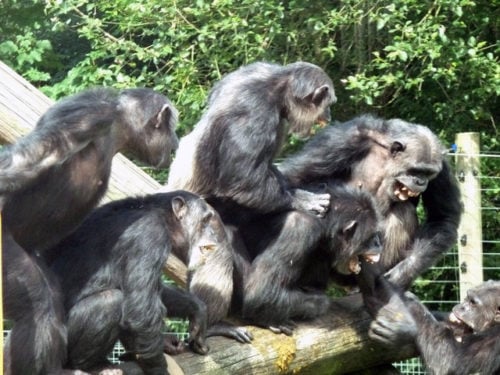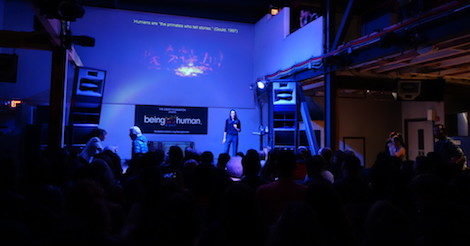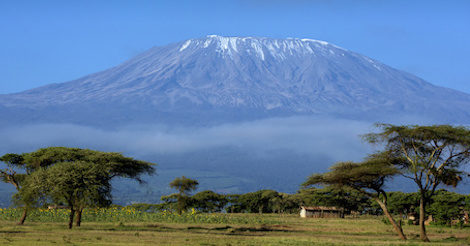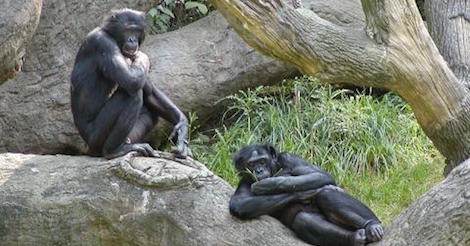Being Human
Primatologist Frans de Waal on Why Psychology Shouldn’t Ignore Power
Being Human 05/03/2013 05:00

What drives a man to work toward the position of CEO or run for political office? You’d be forgiven if you said it might have something to do with the pursuit of power—but in fact most men who occupy such roles, writes primatologist Frans de Waal, will tell you they’ve got other priorities. They may cite an eagerness to have more responsibility, or to exercise their leadership skills. Few self-respecting modern men will confess to being power hungry, de Waal argues in a Psychology Today article.
In this arena, a stark contrast exists between human societies and the chimpanzee societies de Waal has spent his career studying. In any community of primates, he explains, there will be not only a clear alpha male, but a “blindingly obvious” struggle to dethrone him by other males. Chimpanzees lower down in the social hierarchy form tight posses that work together to put on threatening displays of defiance, keeping the current leader busy publicly flexing his top dog muscles and breaking up these unfriendly fellowships. Chimps in search of dominance literally walk tall and carry a big stick.
Human males, says de Waal, seem to have become uncomfortable with engaging in overt power plays. Yet at heart, they’re no different from their primate relatives. Take the way Bob Woodward and Carl Bernstein describe Richard Nixon’s post-Watergate sobs and shouts in their book The Final Days, he writes. There is a way in which Nixon’s despair can be seen as rather primal. In fact, it reminds de Waal of nothing so much as a scene he once observed taking place among his primate subjects:
Chimpanzees have the same sort of tantrums (minus the words) under similarly stressful conditions. When Yeroen, the oldest male in a group that I studied, was in danger of losing his top rank to another male, he would in the middle of a confrontation suddenly drop out of a tree like a rotten apple and writhe and squirm on the ground, screaming pitifully, waiting to be comforted by the rest of the group.
The expression “being weaned from power” is particularly apt, because Yeroen’s (and Nixon’s) relapse into childlike behavior was the same as that of a juvenile being weaned from milk. Despite its noisy protests, the juvenile keeps an eye on its mother for any signs that she might give in. Similarly, Yeroen always noted who approached him during his tantrums. If the group around him was big and powerful enough, and especially if it included the alpha female, he would gain instant courage. With his supporters in tow, he would rekindle the confrontation that he had been losing.
De Waal sees the power motive as something that permeates every organized group of people, especially when many of those people are men (look at the church and the military, he points out—look at the verticality of the social structure in these institutions). Yet the term is a virtual taboo in human psychology—and even fellow primate researchers have resorted to replacing terms like “self-confidence” with “self-esteem.” The power motive, says de Waal, is a huge part of how we function. We shouldn’t ignore it or euphemize it out of existence.
photo by chris allen


